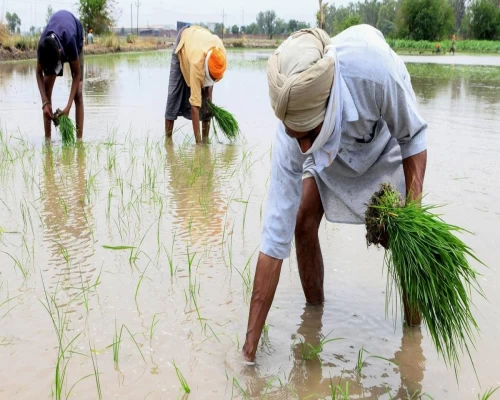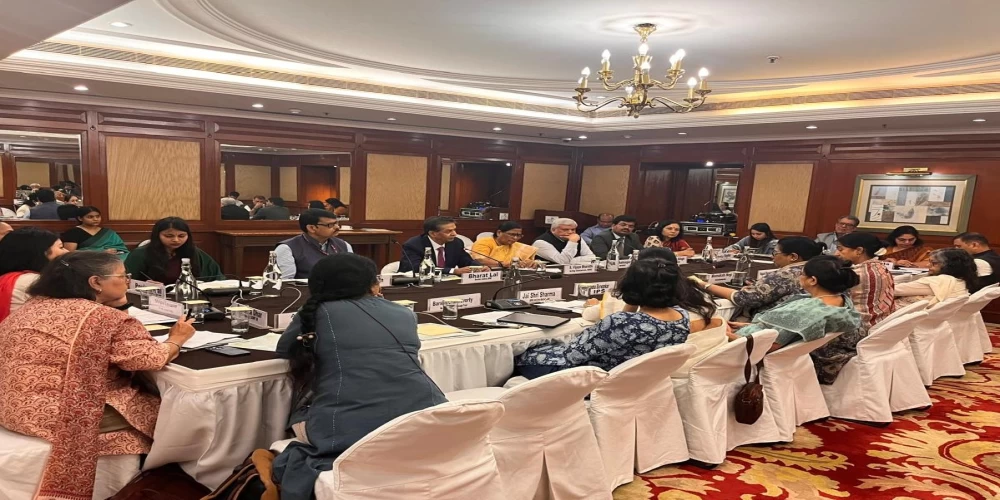
New Delhi: The National Human Rights Commission (NHRC), India, organised a national symposium on Women’s Safety at Work and Public Spaces at the India Habitat Centre, New Delhi, on September 9. The symposium concluded with numerous suggestions aimed at enhancing the safety of women in workplaces and public spaces. Chairing the event, NHRC Acting Chairperson Vijaya Bharathi Sayani highlighted that despite legal provisions and policies for women’s empowerment, women still face significant barriers in public spaces and workplaces. She stressed that addressing women’s safety issues requires a holistic approach.
Sayani pointed out that incidents of violent sexual abuse are not isolated and require collective efforts to ensure effective responses. She called for strengthening the implementation of existing laws and holding perpetrators accountable, which can be achieved by improving the criminal justice system, raising public awareness, and creating better support mechanisms for survivors through collaboration between all stakeholders.
In his address, NHRC Secretary General Bharat Lal spoke about the challenges women in India, particularly those aged 18-30, face today. He acknowledged that more women are entering the workforce and public spaces, but incidents of crimes against them continue. He emphasised the need for collective societal efforts to ensure women’s safety and security.
Ajay Bhatnagar, Director General of NHRC, discussed how violence against women is often driven by unequal power dynamics. He advocated for a focus on equity rather than equality, recognising and being sensitive to the needs of women and girls. Bhatnagar also higlighted the role of media and films, stating that glorifying harmful behaviours like stalking has a detrimental impact on societal attitudes. He further stressed the importance of involving men and boys at all levels to create a safer society for women.
Anita Sinha, Joint Secretary of NHRC, noted the psychological trauma women experience as a result of sexual violence, which can discourage other women from stepping out of their homes. She called for collective efforts to prevent such incidents.
Representatives from various ministries, national commissions, and police departments shared insights into government initiatives aimed at ensuring women's safety in workplaces and public spaces. These initiatives include the Nirbhaya Fund, Mission Shakti, the Safe City Project, SHE-Box 2.0, increased police surveillance through CCTV cameras, better lighting in dark city areas, and gender sensitisation programmes in schools, colleges, and workplaces.
Some of the key recommendations that emerged during the discussions included conducting safety and social audits of cities and institutions, collaborating with professional organisations to identify safety gaps, and improving the implementation of laws to ensure tangible outcomes in women's safety. Participants also called for gender sensitisation at all levels, including schools, colleges, workplaces, and law enforcement, to promote a preventive approach to women's safety.
It was emphasised that media should follow guidelines when reporting crimes against women, and that efforts should be made to encourage bystander intervention. The issue of women’s safety, participants agreed, must be viewed as a collective societal responsibility, requiring proactive collaboration rather than reactive measures after incidents occur. Additionally, workplaces were urged to establish and maintain active Internal Complaints Committees (ICCs) to ensure that women feel safe and comfortable.
The symposium featured participation from a diverse group of stakeholders, including representatives from the National Commission for Women, the National Commission for Protection of Child Rights, the Ministry of Women and Child Development, Delhi Police, UN Women India, and several civil society organisations. The NHRC will further deliberate on the inputs received during the symposium to finalise its recommendations. /BI


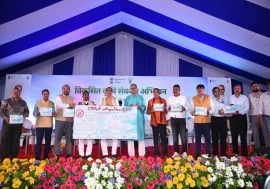
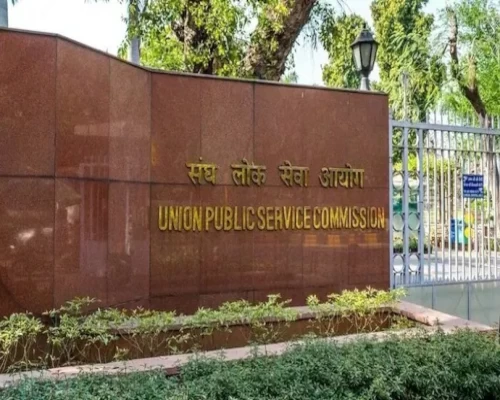


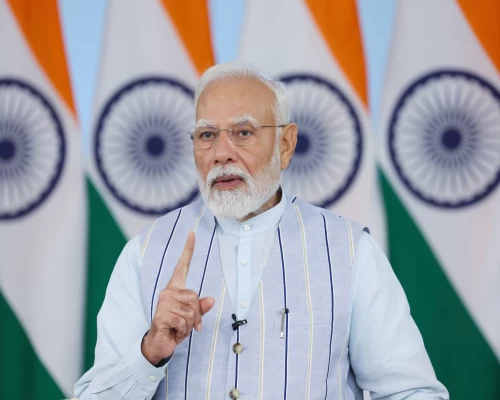
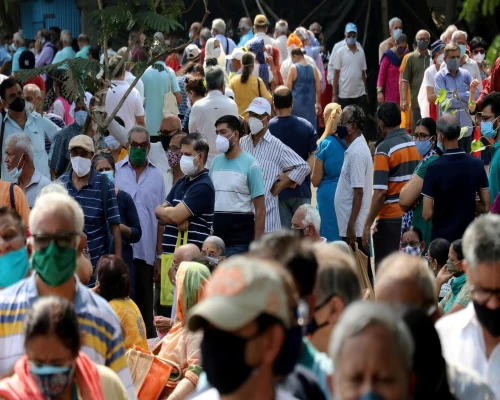

 (13)_500_x_400.webp)
